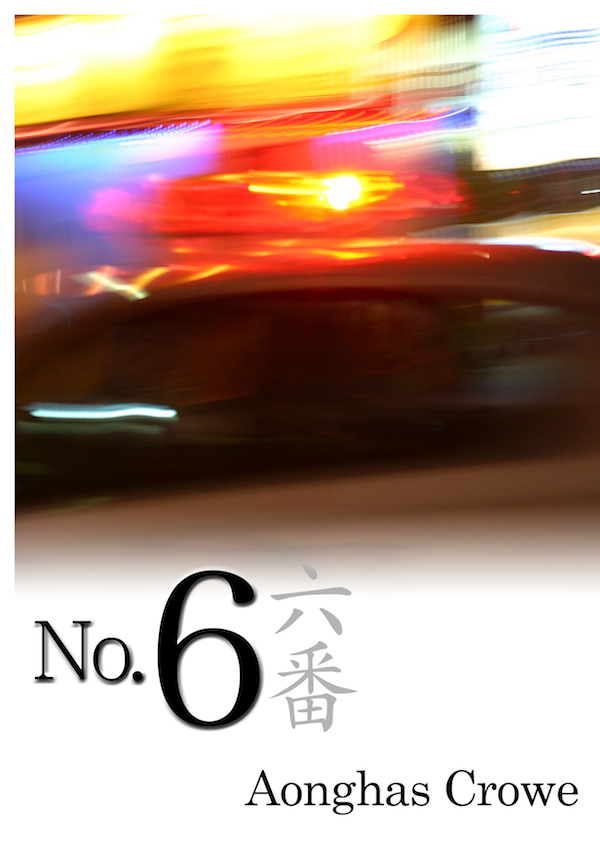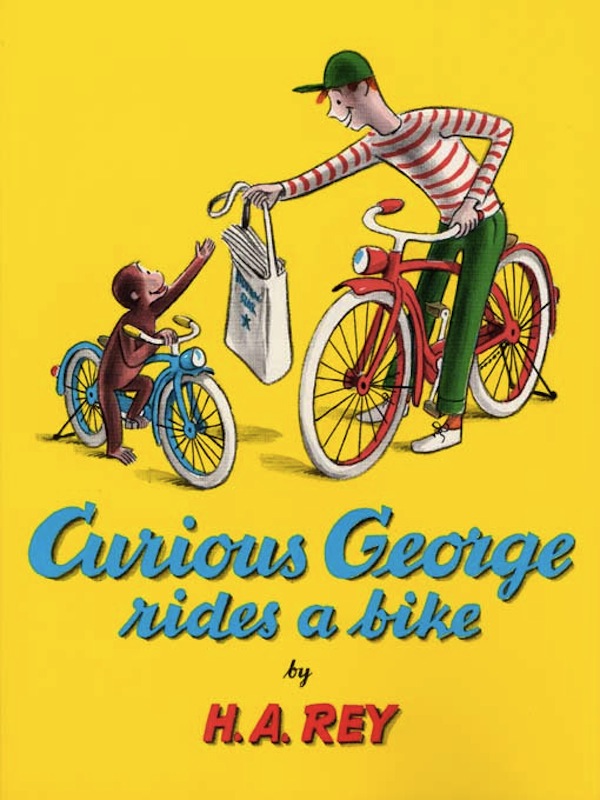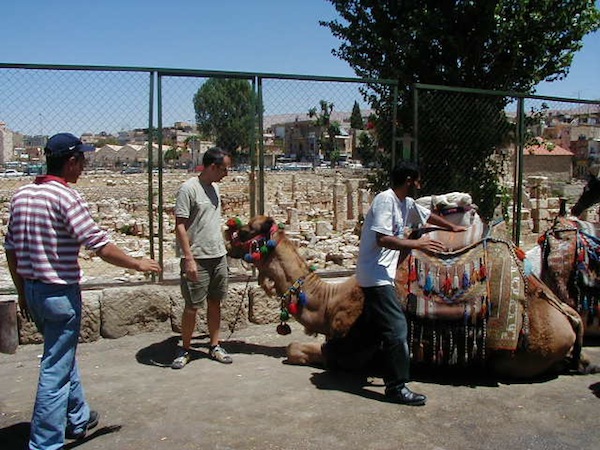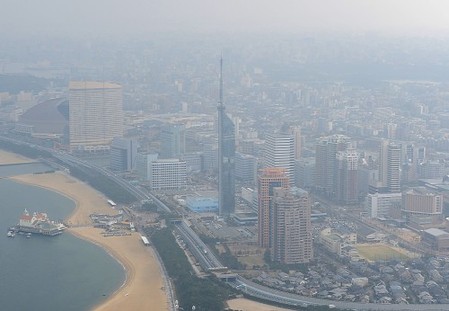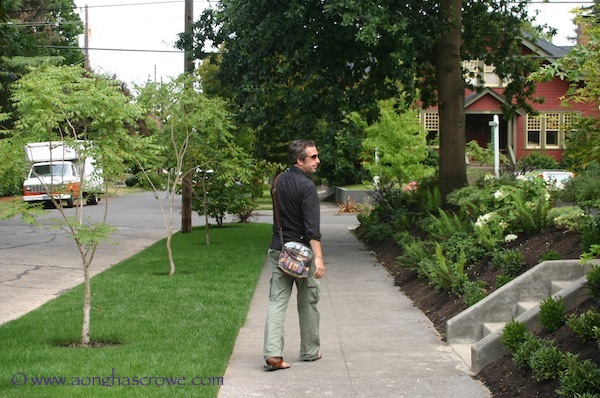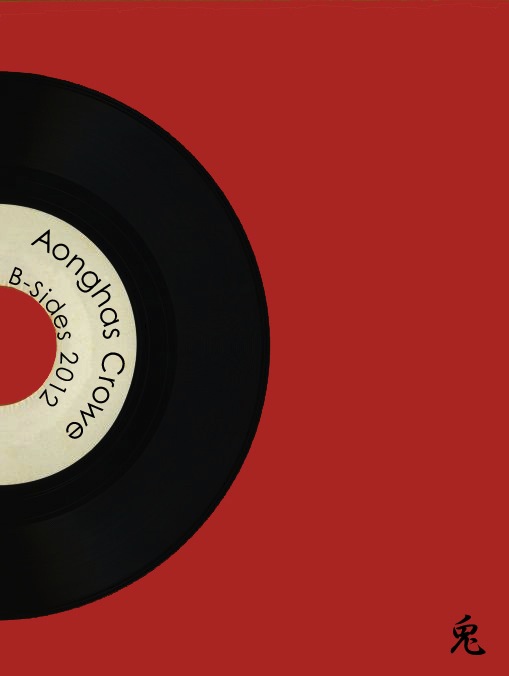 Kenta, a former student and now close friend of mine, was in town for a few days, having taken a week off from an otherwise hectic schedule to spend with family during the New Year’s holiday. I was fortunate enough to have coffee with Kenta while he was here.
Kenta, a former student and now close friend of mine, was in town for a few days, having taken a week off from an otherwise hectic schedule to spend with family during the New Year’s holiday. I was fortunate enough to have coffee with Kenta while he was here.
Every time Kenta and I visit, the conversations we have cover a range of topics from family, dating, school life at Yale, and the various projects he is engaged in.
I write. Kenta does magic. I think I’d much rather be a magician, but at forty-six, I think I’ll stick with the writing—old dogs not learning new tricks and all that. Far more impressive than anything Kenta can do with a deck of cards, however, is the fact that at only 21 years of age, the Yale junior has already had a hand at starting a number of businesses, including GAKKO, a summer program that brings students, artists, and entrepreneurs from all over the world to Japan to share ideas and inspiration.
Talking to Kenta, it’s easy to understand how some people are able to do great things with their lives. While the only proof of this for most those men is the amassing of fabulous amounts of money, with Kenta, you can easily picture him one day not only making the wheelbarrows full of cash, but also impacting the lives of people who will never have the pleasure of knowing him personally.
As we were walking back to my apartment after coffee—and this is something interesting about Kenta: he always stays with me as long as he can, follows me on foot, going far out of his way, all the way back to where I have to go, if only to get a few more minutes of conversation in, because with Kenta you never really know when we’ll be able to meet again.[1] Anyways, as we were walking back to my apartment, the megalopolis Tôkyô came up.[2] Kenta said he worried about the next big earthquake hitting the city.
That earthquake is the elephant in the room that everyone is trying to pretend isn’t there. It seems that the whole population of Tôkyô is crossing its fingers, praying it doesn’t happen, at least not in their lifetime. This seems to be pretty much the strategy for so many problems in this country that have been left to fester for decades: let’s just hope worst doesn’t actually come to worst.
Kenta’s worry was that Japan, with all her other woes, wouldn’t be able to cope with a major seismic jolt to the capital. I agreed, likening it to the final blow before the country was KO’d and fell face first onto the mat.
I added that when the Tôhoku earthquake happened, I thought that it was exactly what the country needed to finally shake it out of its economic and political stupor; to get it up and fighting again. But, almost two years later, the country is still limping along pathetically.
“Yamato (the delivery service),” Kenta said, “was able to get to the affected area faster than the Self-defense Force.”
“I’m not surprised,” I replied. “There was a study a few years back on competiveness and efficiency. It found that Japanese companies were generally pretty competitive, even when compared to foreign companies. The Japanese government, however, was near the bottom of the list.[3] Maybe we can get Yamato defend Japan in the event of a Chinese attack.”
Kenta laughed, but it’s no laughing matter when you really think about it.
“Two years ago,” I continued, “I was at the pharmacy waiting to get a prescription filled. It was the day just after Coming-of-Age Day and there was a photo of twenty-year-old women dressed up like dolls in their fancy kimonos. And the headline said, ‘Two Lost Decades’. Two decades and this country is still in the doldrums. I find it hard to believe that there hasn’t been a revolution. I mean, there should have been one after the first lost decade.”
But what did Japan get? Koizumi. A charismatic leader, yes, but one who didn’t really do all that much during his long tenure[4] as Prime Minister. While the banks were stabilized, the economy grew, and Japan Post was privatized (somewhat), many of Japan’s long-term problems were not addressed. Public debt, for instance, continued to rise and now stands at about 225% of GDP, the highest of any country, save Lebanon. (I sure can pick winners.)
Kenta agreed that a revolution was needed—not too many Japanese disagree with me when I bring up so radical a solution for the country’s troubles—and added that in historical terms, Japan was ripe for change.
 Seventy years after the Meiji Restoration, which had brought Japan out of its seclusion and set it on a path of lightning-quick modernization, Japan would lose the Pacific War. The defeat would herald in a new era of democracy, which then led to the country becoming the second largest economy in the world. That, too, was seventy years ago.
Seventy years after the Meiji Restoration, which had brought Japan out of its seclusion and set it on a path of lightning-quick modernization, Japan would lose the Pacific War. The defeat would herald in a new era of democracy, which then led to the country becoming the second largest economy in the world. That, too, was seventy years ago.
People often get their hopes up when they see numbers like that. Surely something is bound to happen, they think, so they sit back and do nothing; and, not surprisingly, nothing happens.
Many commentators have noted that Japan tends to change as a result of outside pressure, what is known here as gaiatsu (外圧). This was true at the end of the Edo Period when Commodore Perry’s “black ships” sailed into Uraga Harbor demanding that the country open up its ports to foreign ships and trade.[5] It was true again when Japan was defeated and then occupied by American forces in 1945.
But where, I wonder, will the outside pressure come from today?
America is on the decline, whether you want to admit it or not, and Europe is becoming increasingly introverted, mired in problems of its own. The only country that I can envision putting pressure on Japan to change is China. Yes, China.
What worries me is that while the pressure placed on Japan by the United States was for the most part positive and resulted in an improvement in the lives of ordinary Japanese, the same cannot be said of China. Granted, America did not act with pure altruism when dealing with Japan in the 1854 and 1945, but, as I have mentioned above, the result—with the exception of perhaps Okinawa—had for many decades been a change for the better for the Japanese citizenry.
Will outside pressure from China also be a positive influence on Japan, or will it be a caustic one? I worry that it will be the latter.
Many Japanese believe that America will come save the day if China ever gets too aggressive in East Asia. I’m afraid I am not as confident as them.

[1] Although Kenta and I promised to meet again that afternoon, it just didn’t work out. We may meet again on Sunday, and I do hope we can, even if it is for a few minutes, but I doubt it will happen. No worries, though. We will surely meet again the next time he is in Japan, just as we always do.
[2] I really enjoyed my three visits to the capital last year and am looking forward to even more visits in the coming twelve months. I have three trips planned for this year already: late March, May, and July.
[3] The World Economic Forum publishes a Global Competitiveness survey every year. While Japan was ranked number one out of 144 nations on business sophistication and fifth in innovation. The most problematic factors for doing business in Japan are tax rates, policy instability, inefficient government bureaucracy, and government instability.
[4] Koizumi was the third-longest serving Prime Minister after Eisaku Satô (1964-1972) and Shigeru Yoshida (1948-1954). He was in office for 1979 days from 26 April 2001 to 26 September 2006. One benefit a country with the same leader for several consecutive years enjoys is diplomacy. When the PM changes every year, it’s difficult for other countries to take Japan’s leader seriously. Why negotiate when only ten months later there will be another man living in the Kantei?
[5] There’s an interesting angle on this history that has implications not so much for Japan as it does for the U.S. today. One of the main reasons U.S. ships needed to Japan to open her ports was so that the whaling ships could get supplies. U.S. whalers had killed so many whales by the mid 1800s that they were sailing around the tip of South America and into the Pacific to hunt. The hunting took them further and further away, all the way to the coast of Japan. Think about that. In many ways, our oil industry is repeating this today. First oil was drilled in Pennsylvania and Ohio, then when those wellls dried up, Oklahoma and Texas. When those dried up, the rigs moved off shore, further and further out. The more things change, the more they stay the same.
 Tuesday, April 16, 2013 at 10:49AM
Tuesday, April 16, 2013 at 10:49AM




